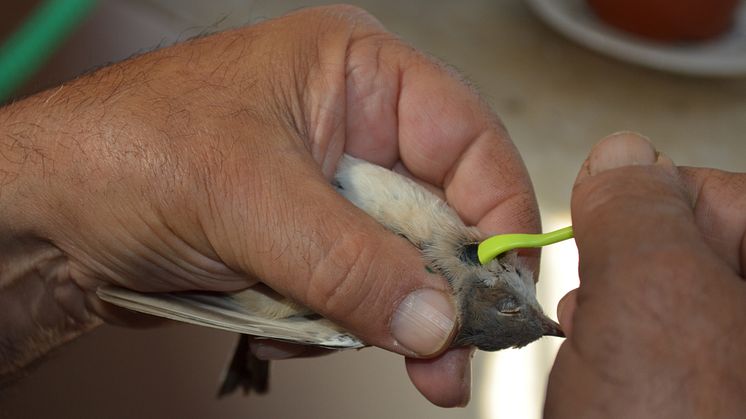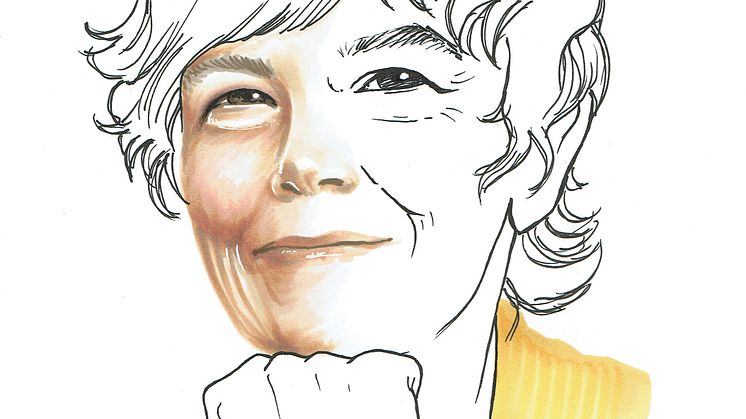Press Registration Now Open for Uppsala Health Summit 2018 on Cancer Challenges
The challenges of future cancer care are in focus when Uppsala Health Summit 2018 opens next week. The annual summit will be attended by important international actors from health organisations, academia, industry, civil society and policy organisations.

